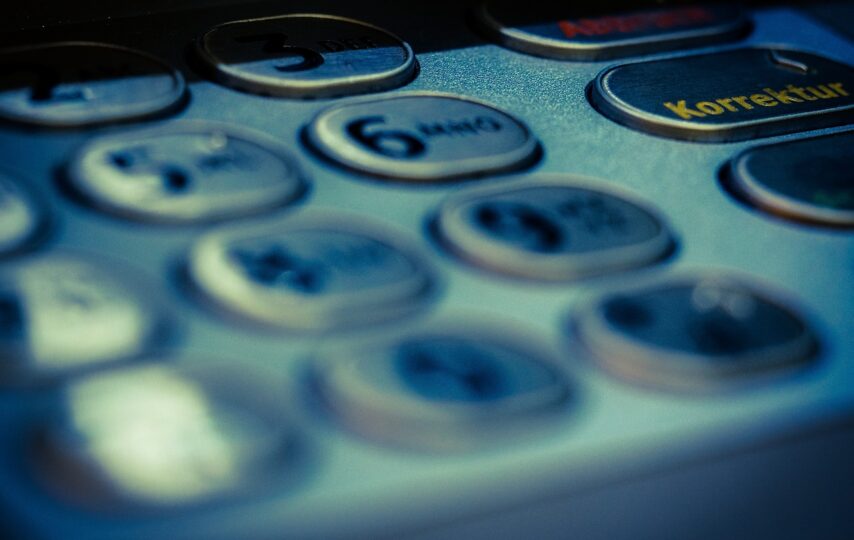Keeping Premises Secure
A security alarm won’t do you any good if anyone and their mother can figure out the code. Even so, some people will have a code that’s as simple as “12345”, or something like that. Surely, you can do better. Following we’ll explore a few key considerations to help you more effectively program alarm codes into your security system.
1. Develop Reliable “Cheat Sheet” Solutions
First, you need to understand there are multiple codes in a lot of security systems to consider. You can visit this page for an idea of what yours might require. Often there’s a master code and different codes for different parts of the security array.
You may want to have, for example, a primary system code that seldom if ever changes, but smaller codes that transform regularly. An arm or disarm code might be new every week, while the primary system code continues to hide in the background until it’s needed.
2. Greater Security Predicates Regularly Resetting Codes
If you want the most security for your system, you’ll need to reset the code on a regular basis. That can get tough because you’ll constantly need new codes. If it’s only you setting and resetting them, this isn’t as difficult, but if you’re managing security for a large-scale operation, you may want to have some sort of passcode management protocol put into place.
Some companies give entrants a daily code for facility access. Residentially, this isn’t as common, though it is possible. A lot of homeowners prefer to change up the code maybe once a month, or once a season. It will depend on your situation, your home, what you’re protecting, and factors of this variety. At a minimum, change it twice a year.
3. Code Complexity Increases Security
The more complex the code, the better it tends to be for security. However, you’ve got to develop a system so you don’t lock yourself out after too many “tries”. Some systems allow you to enter codes infinitely, but this is a security risk, as brute-force hacking can easily break through such a security barrier; especially if you’re just using a ten-digit pad.
4. Don’t Use Familiar Numbers
A big security risk is using a set of numbers that could be predicted. Birthdays, wedding dates, graduation dates, addresses, phone numbers, scripture chapters and verses; all these are risks. You want randomness for the best results in terms of security. If you couldn’t predict the number incidentally, someone who shouldn’t be allowed entry won’t be able to either.
https://pixabay.com/photos/keyboard-numeric-keypad-number-field-227907/
Facilitating Better Security Overall
Cheat sheet protocols, regularly resetting codes, exceptionally complex codes, and unfamiliar numbers represent key aspects of security code management. Some of these measures will be more appropriate for your business than others.
Whatever you do, you’ll want to put together security solutions you can manage. Guidance through professional security experts can be very helpful in this area. At the end of the day, be sure your security alarm code is managed so it can be maintained throughout your house or facility easily.







